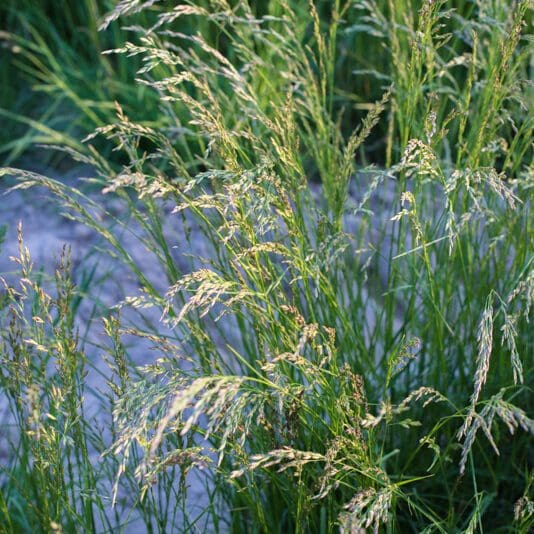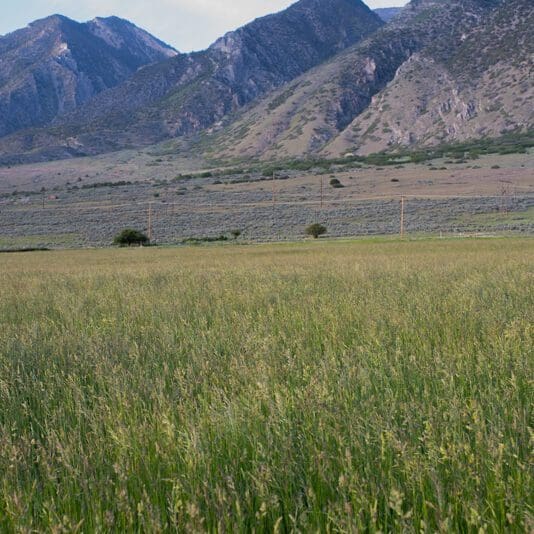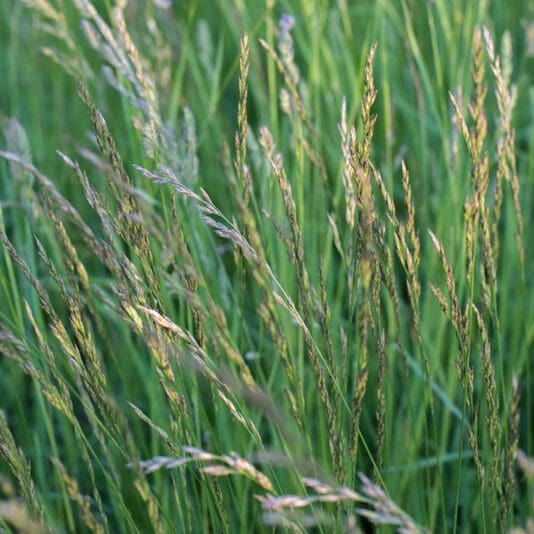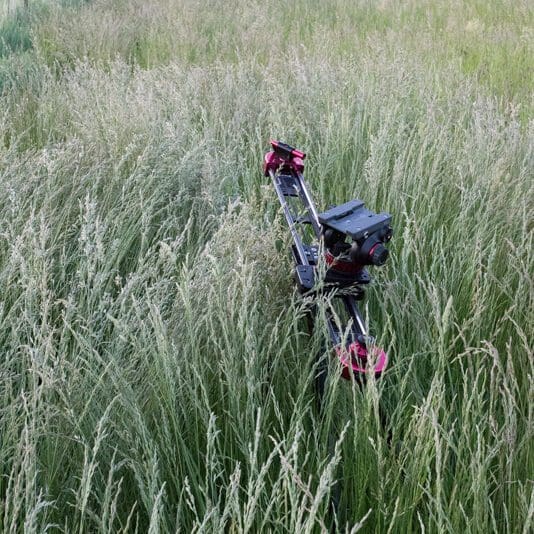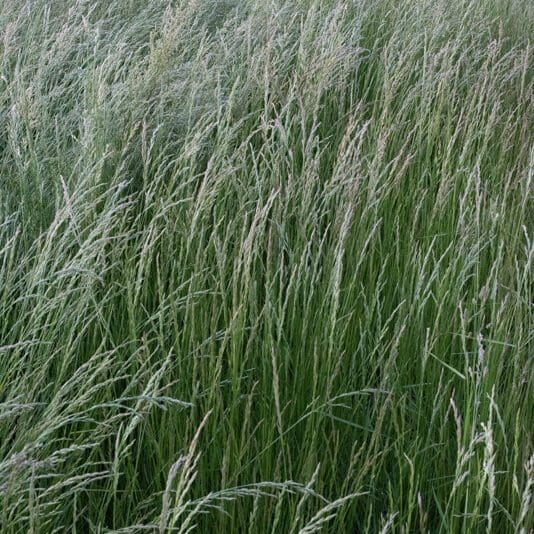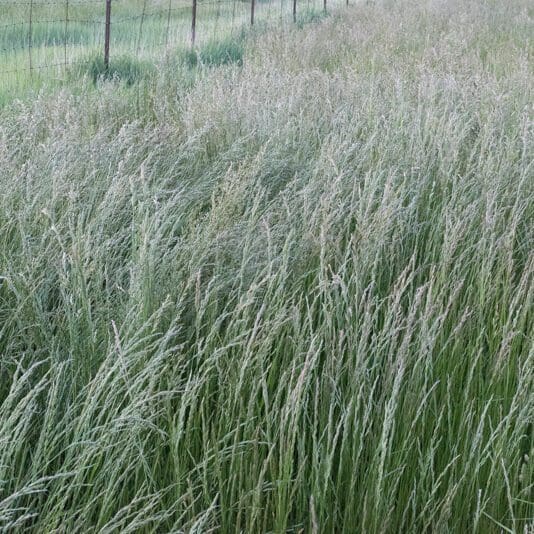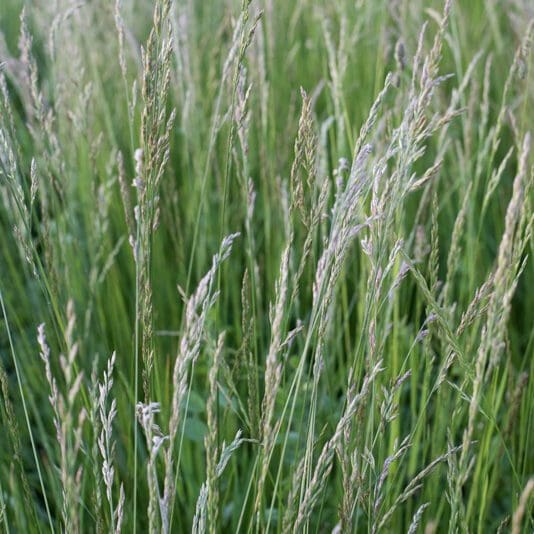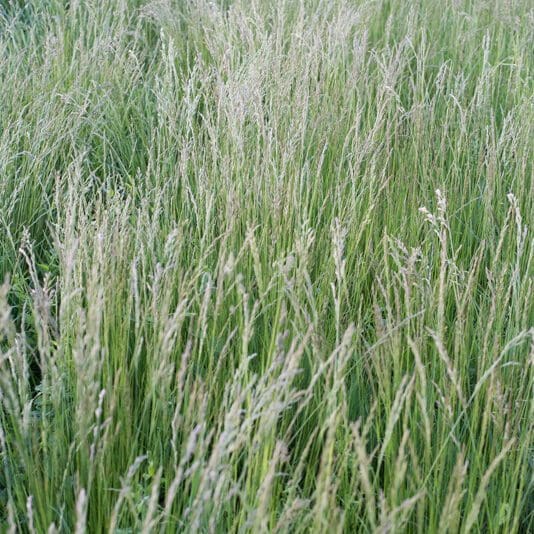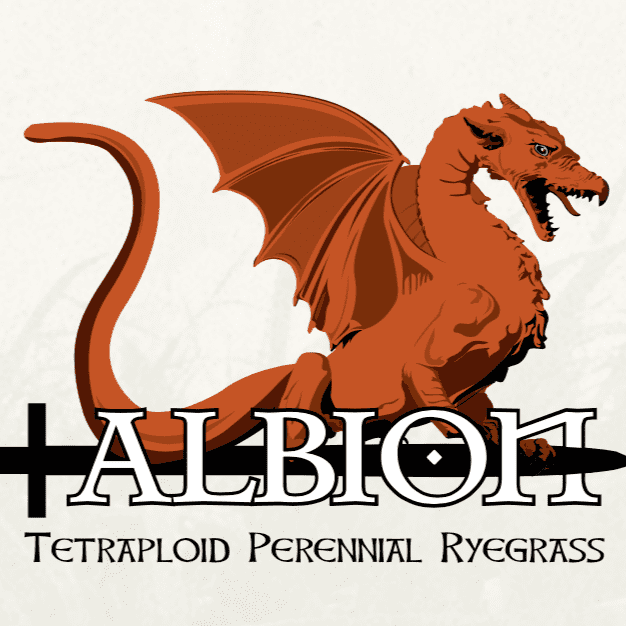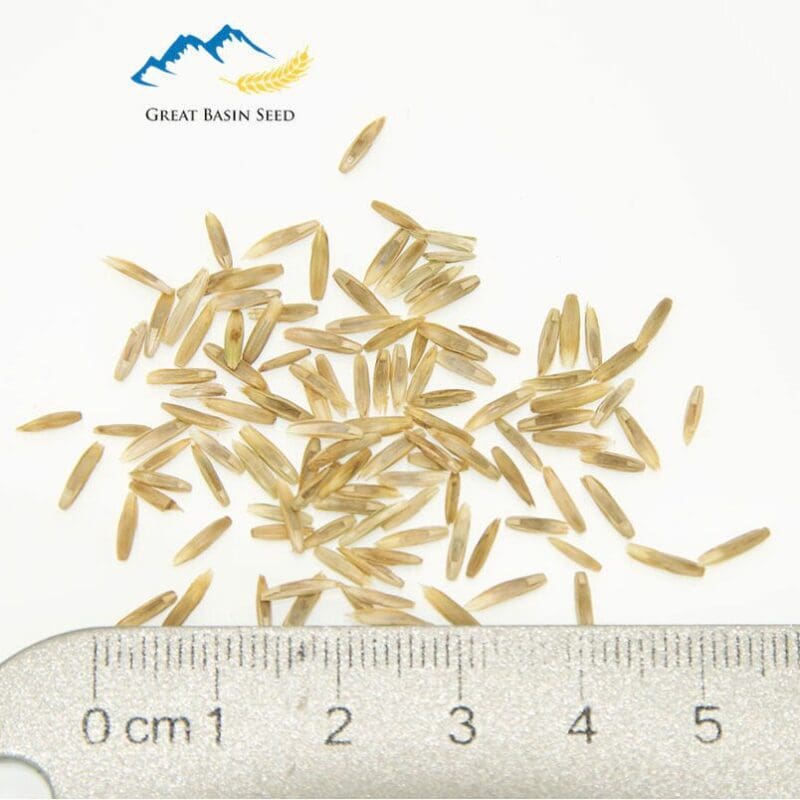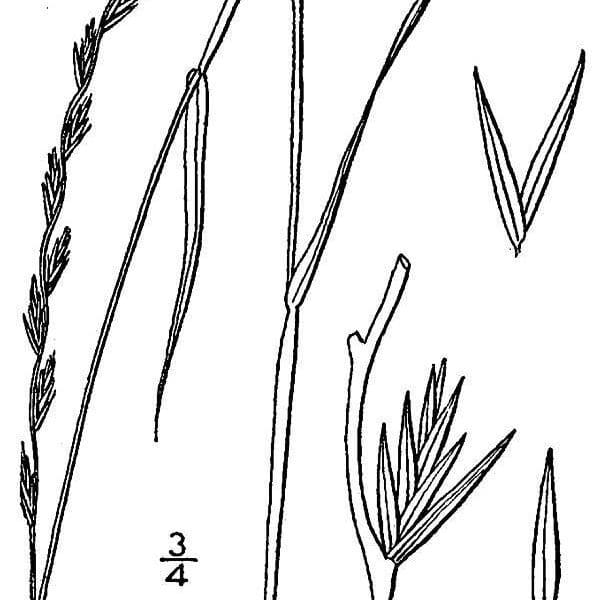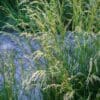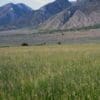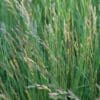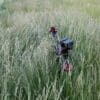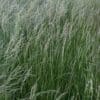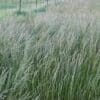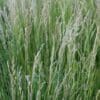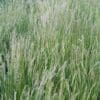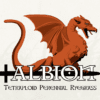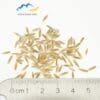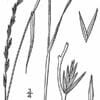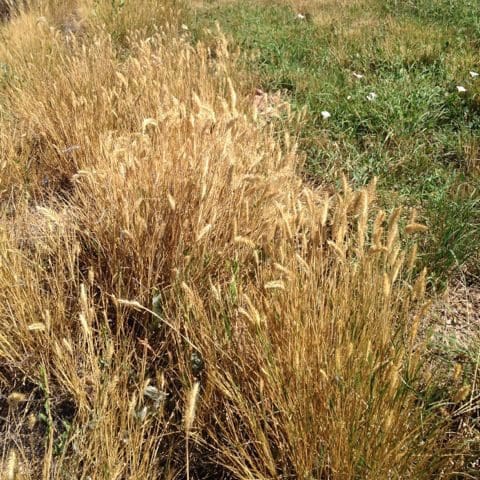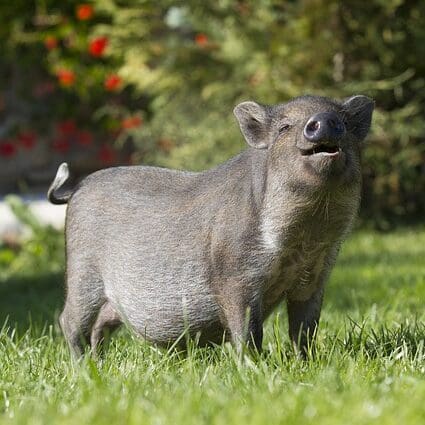Albion Perennial Ryegrass
- Excellent performance in drought conditions
- Excellent performance in high humidity
- Plentiful, high-quality forage
- Stays green after other grasses have wilted and gone dormant
- Suitable for all classes of livestock
- Establishes easily and quickly
Min. to Max. Annual Precipitation
36in.
Average Max. Height
Albion Perennial Ryegrass is excellent for areas that experience drought and/or high humidity. It produces plentiful high-quailty forage. Suitable for all classes of livestock, especially those with nutrient requirements such as young, growing animals. Well suited for both hay, silage, and wildlife feed. Quick to establish and can be used alone or as a component in mixtures where it provides rapid cover.
Albion Perennial Ryegrass (lolium perenne) offers excellent performance in areas that experience drought and/or high humidity. While ryegrasses are not typically known for handling drought, Albion has shown notable success. It produces plentiful, high-quality forage long after other grasses have wilted and gone dormant. Albion is a tetraploid variety.
Albion Perennial Ryegrass (lolium perenne) is suitable for all classes of livestock, especially those with high nutrient requirements such as young, growing animals. Its improved drought tolerance can extend the grazing season substantially. It is well suited for both hay and silage. For optimal performance Albion should be cut in the boot stage prior to seed head formation. Albion is an excellent wildlife feed. It’s forage provides high-quality grazing and a quick source of energy for geese, ducks, wild turkeys, rabbits, deer, and elk.
Albion is quick to establish and can be used alone or as a component in mixtures where it provides rapid cover. The extensive root system of Albion makes it an effective catch crop for nitrogen and can help break up compacted soils. It offers many bene ts including erosion control, improvement of aggregate stability, and increased organic matter to the soil pro le. It can also be used as a nurse crop with fall-planted legumes such as clover.
Albion perennial ryegrass (lolium perenne) offers excellent performance in areas that experience drought and high humidity. It produces plentiful, high-quality forage long after other grasses have wilted and gone dormant.
Perennial ryegrass has a wide range of adaptability to soils, but thrives best on dark rich soils. Albion will withstand fairly wet soils with reasonably good surface drainage. It will not tolerate standing water for extended periods of time. It grows on soils that have a pH between 5 and 8 with best yields on soils with pH between 6 (slightly acidic) to 7 (neutral).
Perennial ryegrass is a valuable forage and soil stabilization plant. This species is one of the predominant forage grasses in Europe. It has been used in the United States for forage and turf grass. Albion perennial ryegrass can also be inter-seeded in existing weak stands of grass with fairly good results. It can be broadcast seeded followed by harrowing, packing or livestock trampling with fairly good establishment results. Perennial ryegrass does best under good, consistent irrigation, so plant only in areas with a good supply of irrigation water.
When grazed or cut for hay it makes excellent feed. It is very nutritious, having similar or higher energy and protein levels than most proven pasture grass alternatives. This is a very important consideration when grass fattening beef cattle or for maintaining high milk production with dairy cows. Considered to be a very palatable feed. Preliminary forage quality results from a Montana study indicated good potential for high production of both protein and total digestible nutrients (TDN) per acre, depending on level of inputs and harvest management.
Perennial ryegrass establishes easier and more quickly than some proven long-lived pasture grass varieties. Under ideal conditions, perennial ryegrass is ready to graze within 60 days of planting. When managed correctly, it can be very productive.
| Seeding Rate as a stand alone item (per acre) | 25-30lbs. |
| Seeding Rate in a Mix (per acre) | 10-15 lbs. |
| Seeding Depth | 1/8 - 1/2 in |
| Days to Germinate | 5-7 |
| Average Seeds per lb. | 250,000 |
| Ease of Establishment | Excellent |
| Life Cycle | Perennial |
| Forage Yield | Excellent |
| Forage Quality | Excellent |
| Maturity | Late |
| Persistence | Excellent |
| Palatability | Excellent |
| Growth Habit | Bunch |
| Drought Tolerance | Excellent |
| Moisture Tolerance | Good |
| Hay | Excellent |
| Silage | Excellent |
| Pasture | Excellent |
| Growth | Spring-Fall |
Albion Perennial Ryegrass
Albion Perennial Ryegrass
Helpful Links
Additional information about this product can be found on the academic websites linked below.
Synonyms
Many plants have more than one common and scientific name. We've listed a few of them below.
- Albion Perennial Ryegrass
- lolium perenne
Who is Great Basin Seed?
Great Basin Seed is a seed company that specializes in seed sales and consultation for home, ranch, farm, range and reclamation. We have been a leader in the seed industry since 1974.
Our History
We've been in the seed business since 1974.
What We Offer
We offer seed for home, farm, ranch, range and reclamation projects.
Meet the Gang
We have the best employees in the world! We are proud of the work they do, and trust them to serve you!
Right: Company founder Lloyd and his wife Paula Stevens in a wildflower seed production field circa 1977
Quick Plant Facts
| Common Name: | Perennial Ryegrass |
|---|---|
| Scientific Name: | |
| Lifespan: | |
| Origin: | |
| Plant Type: | |
| pH Tolerance: | |
| Seed Count | 247,000 |
| Growth Height: | |
| Root Form: | |
| Sowing Rate | 4-8 PLS lbs. per Acre |
| Min. Precipitation | 12-16 Inches Minimum |
| Best Sowing Time | Fall, Spring |
| Max Sowing Depth: | |
| Growth Season: | |
| Sun & Shade Tolerance: | Full Sun, Shade Intolerant |
| Elevation of Occurance: | |
| Hardiness Zones: |
“We first planted Albion in fall 2009. Since then, we have measured its performance and increased our plantings so that 35% of our ground is in Albion and we see this will increase in the future. Albion is a late tetraploid perennial ryegrass that is really suiting our system. The combination of high- quality forage in early spring and summer drives our early lactation yields in our spring calving herds. It’s extremely summer hardy, which suits Missouri, and summer hardiness is certainly linked to its winter survivability. In comparison to other varieties and forages grown on our farm, Albion has out-yielded other permanent grasses by 22% in 2011 and 16% in 2012. The cows love it, and we see no refusal of this forage, even at high pre- grazing yields with some seed head forming. We have not had a test below 25% protein to date, and recovery of the swards even after the 2012 drought has been surprisingly good.” G. Nolan
